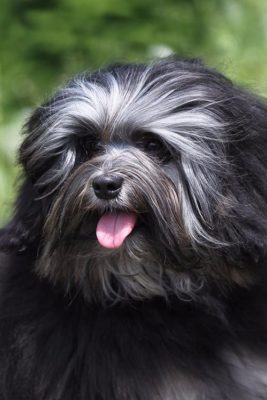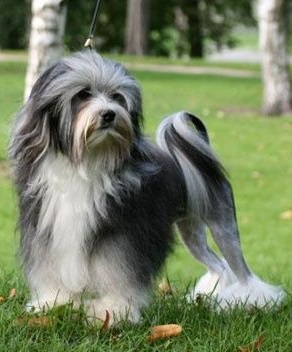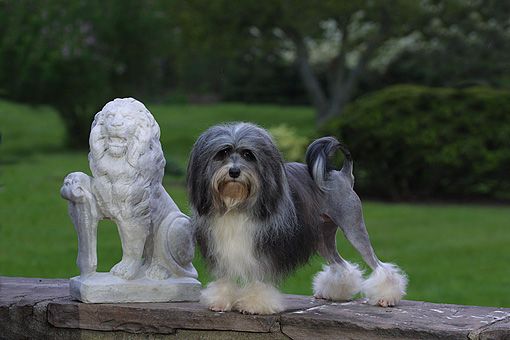Löwchen
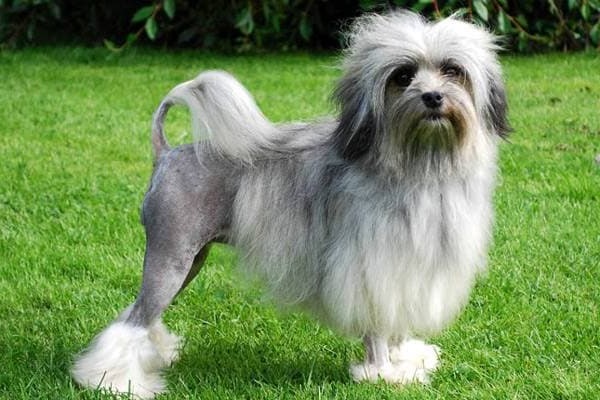
Löwchen is an intelligent, cheerful, and affectionate dog with a calm character. Despite their size, they are very brave. They will defend to the end their master, to whom they are most loyal. Löwchen playful enough, well get along with children. The dog is very sociable and trusting.
Table of Contents
Breed Information
| Another Name | Petit Chien Lion, Little Lion Dog |
| Origin | France |
| Height | Males 33-36 cm Females 25-33 cm |
| Weight | 4-8 kg |
| Fur | Long |
| Color | Variety |
| Lifespan | 12-14 years |
| FCI Classification | Companion and Toy Dogs |
| Group | Companion dogs |
| Price | $2000-8000 |
Breed Photos
Origin History
This breed was known in France and Spain as early as the 16th century. The ornamental dog was popular among the European nobility. In the early twentieth century, the demand for the Little Lion Dog declined, and world wars reduced its population to almost nothing. In the late 1940s, a club of fans of the breed appeared, revived by French breeders and enthusiasts.
In 1960, the dog entered the Guinness Book of Records as the rarest breed. In the same years, the Löwchen was recognized by the Fédération Cynologique Internationale. The modern standard of the breed was approved in 2004.
Appearance
The Löwchen is a compact, small, yet sturdy dog. The pet’s neck is long and slightly curved. On it sits a broad head with a straight, short muzzle. The nose lobe is black. The eyes are large, round, dark in color. The ears are floppy, medium length.
The body of the dog is square; the loin is wide and straight. The chest is well developed; the abdomen is taut. The limbs are strong, straight, set parallel. The tail Löwchen keeps curved over the back. The wool is long, thick, and silky, with no undercoat. All colors are allowed.
Character
Löwchen is an intelligent, cheerful, and affectionate dog with a calm character. Despite their size, they are very brave. They will defend to the end their master, to whom they are most loyal. Löwchen playful enough, well get along with children. The dog is very sociable and trusting. Does not show aggression even to strangers, behaves cautiously or friendly. With other animals, the dog has an excellent relationship. She loves to play and be the center of attention. It is a great companion for the whole family.
Care
The Little Lion Dog does not require any special living conditions. It can live even in a small apartment. The dog also does not need much physical activity. It is enough to walk him in the fresh air for at least half an hour daily.
Pet shedding is low. Brushing out once or twice a week is enough as a grooming measure. Shampoo the dog once every 7-10 days. The ears and teeth should also be cleaned once in a while. The dog’s hair should be trimmed at least once a month so that it does not lose its appearance. The same procedure should be done with the dog’s claws.
Training
Miniature pets do not require special training. Still, intelligent and obedient dogs are easy to teach basic commands and various tricks if desired. The faithful dog will try to please his master. For these efforts, reward the pet with praise and goodies.
There should be no problems in raising a Löwchen. However, all puppies need early socialization. Domestic companions do not need a lot of physical activity, such as hunting breeds. Dogs can take part in games, as well as competitions in agility, flyball, freestyle.
Common Diseases
The Little Lion Dog is characterized by average health. Representatives of the breed do not have any special hereditary diseases. The cardiovascular system and respiratory organs are the weak points of the Löwchen. He is prone to such diseases:
- cataract;
- progressive retinal atrophy;
- dislocation of the kneecap;
- hip dysplasia;
- atopic dermatitis.
A pet’s floppy ears are prone to inflammation. Therefore, it is worth paying special attention to cleaning them. Remember that good care and proper nutrition can improve your dog’s health.
Nutrition
The baby needs a complete and balanced diet. The basis of the diet should be meat food. Beef, lamb, chicken, by-products, but always lean. In addition to meat, the pet can be fed boiled fish, eggs, milk, and skimmed cottage cheese from an early age.
A growing body needs carbohydrates in the form of cereals, bread, and potatoes. Also, feed your dog vegetables, fruits, and herbs, or give him special supplements. Categorically avoid eating bones, fatty meat, and sausages. Bones can injure your dog’s delicate stomach, and fatty foods can damage his liver or lead to obesity.
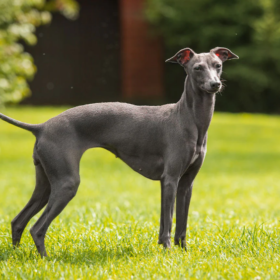 Italian Greyhound
Italian Greyhound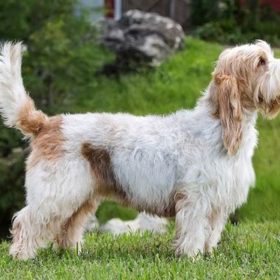 Grand Basset Griffon Vendéen
Grand Basset Griffon Vendéen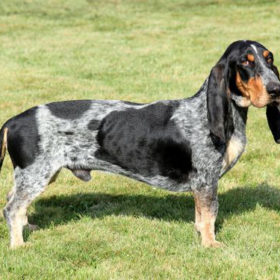 Basset Bleu de Gascogne
Basset Bleu de Gascogne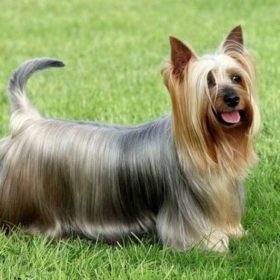 Australian Silky Terrier
Australian Silky Terrier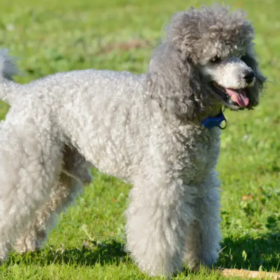 Poodle
Poodle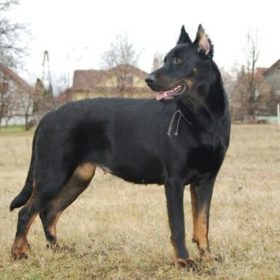 Beauceron
Beauceron